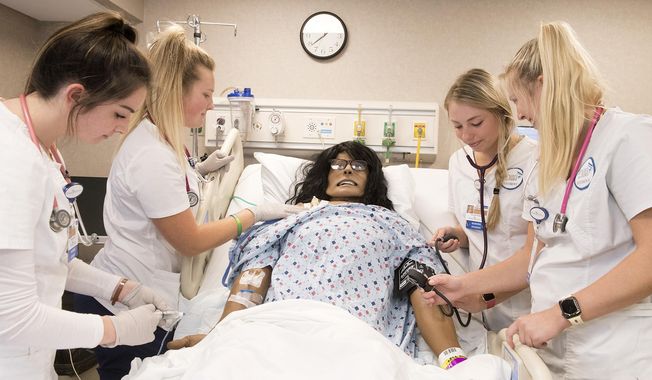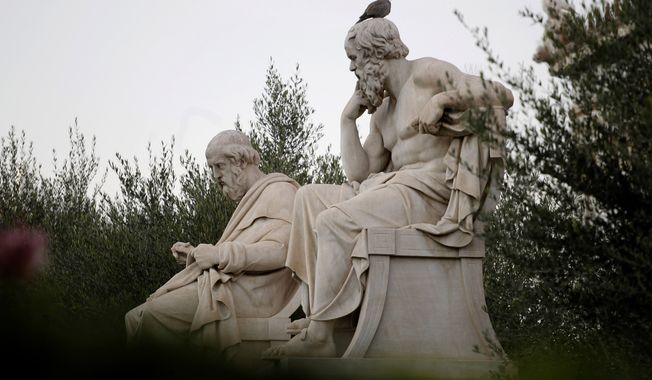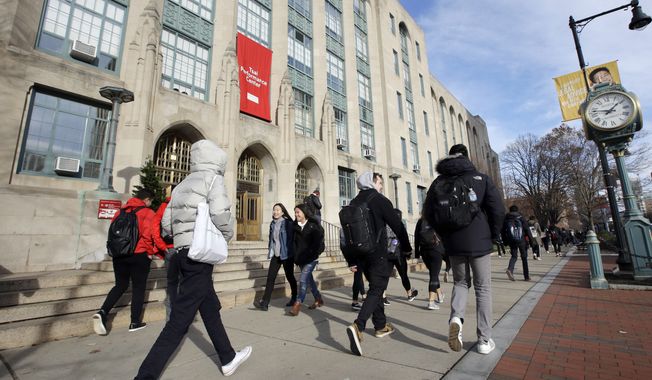
Oh, the humanities! The death of liberal arts in higher education
The value of “knowledge for its own sake,” as ancient Greeks understood a classical education, lies in having surgeons who know ethics, defense attorneys who have mastered public speaking and politicians well-versed in history and political science.
A liberal arts education not only nourishes the soul, but also develops the habits of thinking deeply, writing coherently, speaking clearly, listening carefully and making sound judgments — qualities valued by employers, advocates say.
Yet college humanities programs have been struggling for years to attract students, with COVID-19 shutdowns exacerbating higher education’s problems. Colleges and universities nationwide now are slashing their humanities programs, with some liberal arts schools shutting down entirely.
This three-part series examines the role that the push for STEM (science, technology, engineering and mathematics) education has played in the decline in interest in the humanities; the growing challenges that liberal arts programs face, from sky-high tuition to dropping enrollment; and the effort by conservatives and Christians to save traditional humanities education.
Recent Stories
College students follow the money into STEM education, killing off struggling liberal arts programs
Lindsey Ash says she likely would have sought a liberal arts degree in speech therapy -- until a high school class steered her toward science, technology, engineering and mathematics.
Colleges close books on traditional subjects as students pursue paths to higher salaries
Congressional intern Brentin Ungar never expected to be supplementing his income by hustling for tips at a pizza bar after graduating from Wabash College with a liberal arts degree last year.
Christians, conservatives work to save traditional liberal arts
Christians and conservatives are campaigning to preserve the traditional liberal arts for future generations of college students, as much of higher education abandons the humanities.





